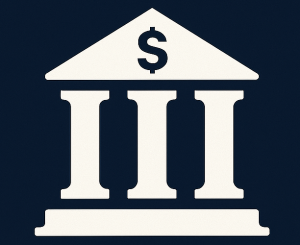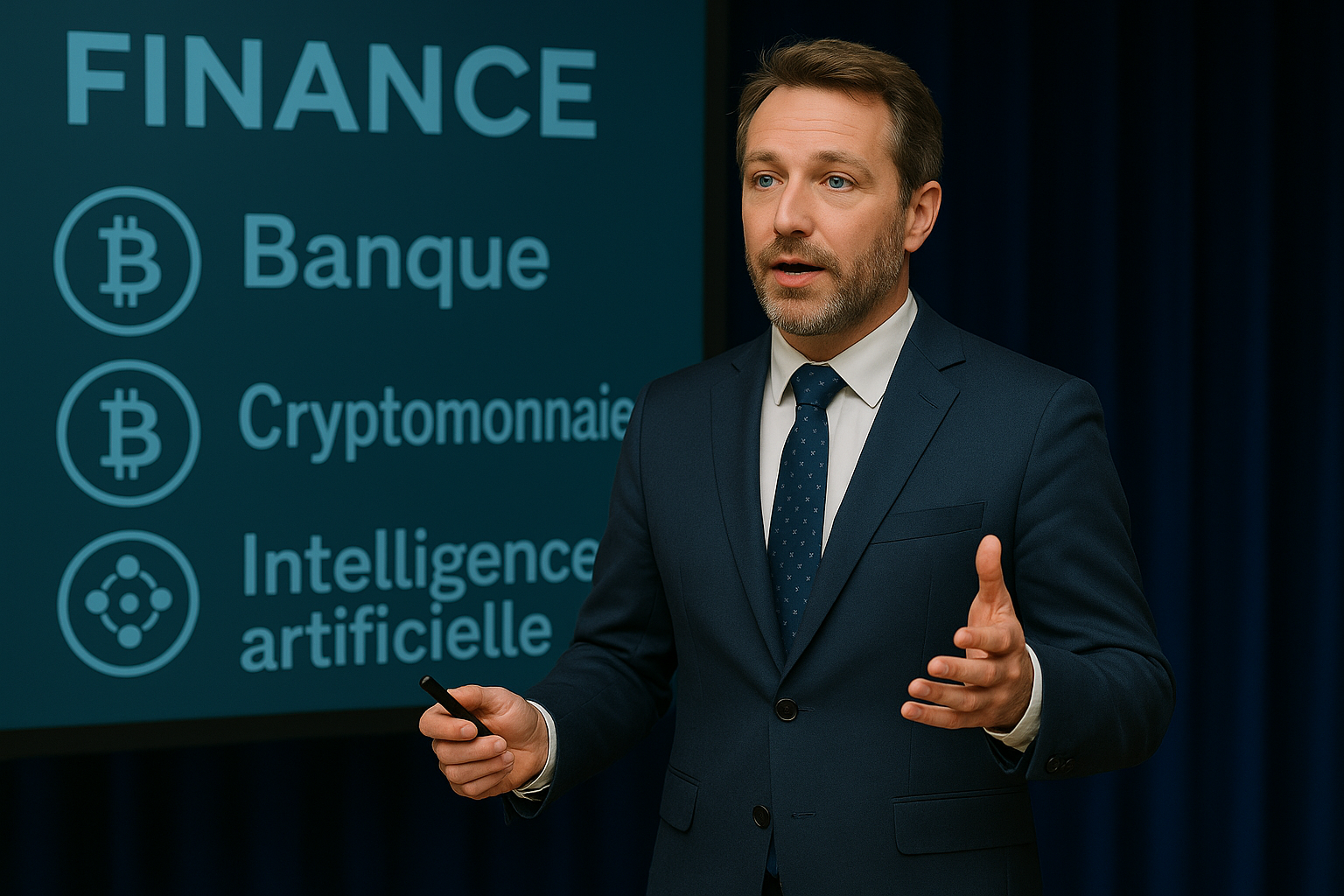Personal Finance Isn’t Just Numbers: It’s a Whole Mood
Why Personal Finance Feels, Well, Personal
Okay, let’s be real. When you hear “personal finance,” do your eyes glaze over? Mine definitely used to. I think a lot of us picture spreadsheets, complicated charts, and this overwhelming sense of… guilt, maybe? Like, we’re instantly reminded of all the things we *should* be doing but aren’t.
But the thing is, personal finance *is* personal. It’s not just about interest rates and asset allocation (though those are important too, I guess). It’s about our relationships with money, our fears, our hopes, and everything in between. It’s about the late-night takeout orders after a long day, the impulse buys that promised a little hit of dopamine, and even the uncomfortable conversations with family about, well, money.
It’s taken me years to really understand this. I used to think I just needed to find the “perfect” budget or the “right” investment strategy, and then everything would magically fall into place. Ugh, what a mess! Turns out, it’s way messier than that, precisely *because* it’s tangled up with our emotions. And that’s okay. Actually, it’s crucial to understand.
My Epic Fail (and What I Learned)
Funny thing is, I thought I was pretty good with money for a while. I diligently tracked my expenses. I even used Mint for a while. I was contributing to my retirement account. I felt… responsible.
Then came the crypto craze of 2021. I won’t bore you with all the details, but let’s just say I got swept up in the hype. Everyone was talking about getting rich quick, and honestly, I wanted in. I dipped my toes in at first, buying a little Bitcoin. Then, I got greedy. I started chasing the “next big thing,” investing in coins I didn’t understand just because they were supposed to moon.
I totally messed up by selling too early. I panic-sold during a dip, convinced I was about to lose everything. And guess what? It bounced back a week later. I left so much money on the table, it’s not even funny. It wasn’t just the money; it was the feeling of being stupid and the knowledge that I had let fear control my decisions. It was an awful feeling. So awful.
The lesson? Don’t let FOMO drive your financial decisions. And maybe, just maybe, understand what you’re actually investing in!
Ditching the Shame: Building a Healthier Relationship with Money
Okay, so after my crypto fiasco, I knew I needed to rethink my approach. I was tired of feeling stressed and anxious about money. I wanted a healthier relationship with it.
The first thing I did was forgive myself for my mistakes. Seriously. Beating myself up wasn’t helping anyone. Then, I started focusing on what I *could* control: my spending habits, my savings goals, and my financial knowledge.
One thing that really helped was automating my savings. I set up automatic transfers from my checking account to my savings and investment accounts every month. That way, I didn’t even have to think about it. It just happened. And you know what? I barely noticed the money was gone.
I also started being more mindful about my spending. Instead of mindlessly scrolling through online stores, I asked myself if I really *needed* something before buying it. More often than not, the answer was no. I mean, who really needs another pair of shoes, right? Unless, of course, you *really* need them, which, sometimes, you do!
Small Steps, Big Impact: The Power of Consistency
I’m not going to lie, there are still days when I feel overwhelmed by my finances. But I’ve learned that it’s okay to take things one step at a time. It’s not about being perfect; it’s about being consistent.
Maybe that means skipping that expensive coffee one day a week. Or finding free activities to do on the weekends. Or simply taking a few minutes each month to review your budget and make sure you’re on track. Small changes, repeated over time, can make a huge difference.
And remember, it’s okay to ask for help. Talking to a financial advisor or even just a trusted friend can provide valuable insights and support. There’s no shame in admitting you don’t have all the answers. Who even knows what’s next? That’s half the fun, I think. Or maybe it’s just the anxiety talking.
If you’re as curious as I was, you might want to dig into resources about behavioral finance. Understanding *why* we make certain financial decisions can be just as important as understanding *how* to manage your money. And trust me, it’s a fascinating rabbit hole!













